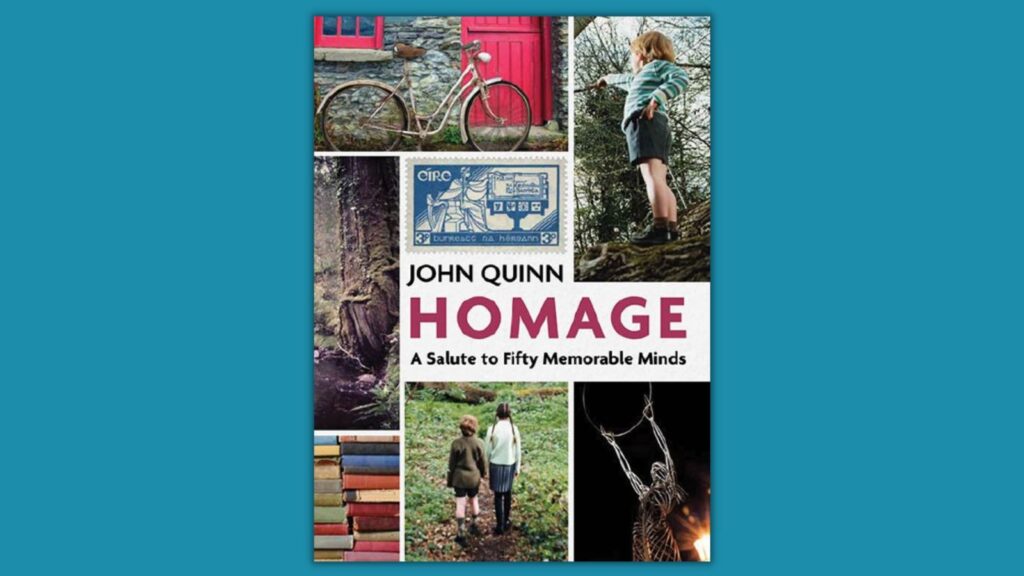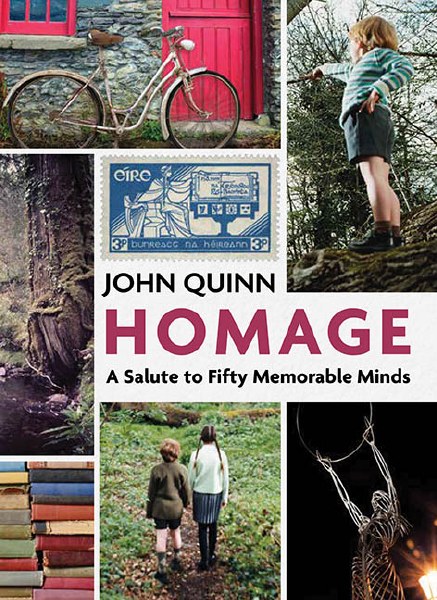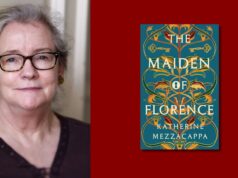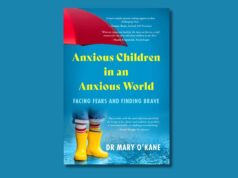
Homage: A Salute to Fifty Memorable Minds|John Quinn|Veritas
Editor Fiona Dunne chooses highlights from Homage: A Salute to Fifty Memorable Minds
From the Introduction by John Quinn
In the course of a twenty-seven-year career in radio broadcasting, it was my privilege to meet and interview many interesting people. They came from very varied fields – the arts, education, politics, business, science, economics. Some spoke reflectively on their experiences and influences in their chosen careers. Others shared their visionary views for the future. In this book I am pleased to pay homage to a selected fifty contributors with excerpts from interviews, talks and writings they made available to me.
In each case there is a background note on the contributor and his/her offering. In two cases – the Céifin Institute and the Class of ’61 – I pay homage to a group rather than an individual. In all cases I thank the contributors for their generosity in time and interest. I hope the assembled contributions make an anthology of ideas and experiences that will be of interest and appeal to a wide readership. For me it was a privilege and a pleasure to harvest these contributions and I am honoured to share them in print.
Author Dervla Murphy
In 1944 I met a man who stayed in our house for a fortnight but even in that short period he made a great impression on me. His name was Charlie Kerins and he was an IRA man on the run, wanted for the murder of a detective in Dublin. There was a tremendous crisis of conscience in our house. My father was of a republican tradition but he was very much ‘old’ IRA – certainly if he were alive today, he would not be a Provisional supporter – and yet it was very difficult for him to betray someone who came along and more or less threw himself on our mercy. It was a traumatic time for my parents and they felt that they had to impress on me that giving this man shelter did not imply that they were condoning what he had done.
they had to impress on me that giving this man shelter did not imply that they were condoning what he had done
I found Charlie to be a remarkable person and a good person. He seemed to have an extraordinary sense of certainty about what he was doing – not a fanaticism, but a sort of moral certainty that he was doing something good. His interests were very wide and I found him a marvellous companion. He was very keen on geography – a subject which had always bored me to death at school. I was interested in travel but not in what was then taught as geography.
Charlie was also very knowledgeable on wild flowers and trees and was very much at one with the countryside, which also appealed to me. He stayed with us for a fortnight and then after some months he was caught. He was hanged on 1 December 1944. I was at boarding school at the time. His death wasn’t as much of a shock as one might expect because my parents had been very understanding in the way they prepared me for it. Knowing Charlie as I did, I almost took it for granted that he would have been happy with his fate. That may sound odd now but that is how it seemed to me then.
Gordon Wilson, whose daughter died in the Omagh bombing
Then the rumble of the wall falling stopped, and I found myself under four to six feet of loose rubble, and then the silence. The deathly silence. And then the shouting. And then the screaming. This was raw, naked terror. I was on my face. I was conscious that I had survived. My right arm had been thrown out in the fall and, in so doing, I had dislocated my shoulder. And then somebody took my right hand.
‘Is that you, Dad?’
I couldn’t believe it. It was Marie. I remember thinking, Thank God, Marie is safe.
‘Are you alright, Marie?’ and she said ,‘Yes, Dad,’ she said, ‘let’s get out of here.’
I said, ‘Marie, we can’t get out of here. We’re caught, we’re pinned in, we’ve got air, we can breathe. They’ll come, they’ll come. Give them time. Are you alright?’
‘Yes.’
And then she screamed. That was the first warning I had that something was wrong.
Author Edna O’Brien
I don’t think that childhood ends. I think that the people in this world who lose touch with their childhood have lost something really intrinsic and crucial. It is hard to hold on to it in the hard, realistic world in which we live – much more materialistic than it was 20 years ago – a world in which the interest in literature is very marginal. (Most bestsellers are books that I certainly can’t read. Bilge. They have nothing to do with literature! They are irrelevant.) I hope that I have not lost my childhood sensibilities and I hope that I never will, because it is the fount and source of my writing.
Most bestsellers are books that I certainly can’t read. Bilge. They have nothing to do with literature!
Poet Brendan Kennelly
The old should be treated with respect and should be loved and, above all, they should be listened to, because they have a lot to say and they say it with devilment! There is nothing as lovely as a smile on an old face and a bit of a twinkle in an old person’s eye when he is telling you a lie, or when he is making up a story for you and you know he is telling you a lie.
I remember Paddy Brandon saying to me one day, ‘Take me home and wash my toes.’ So I took him up to the little room where he was living and I took off the shoes and washed the toes. He began to say, ‘It’s very hard now to wash your toes when you are my age, but I could tell you stories about these toes,’ and he started telling me these old yarns. That was wonderful and I never forgot it, whereas I have forgotten an awful lot of lectures about the ambiguity of philosophy!
Mary Redmond, solicitor and founder of the Irish Hospice Foundation
In the information society, the society of the new millennium, jobs are changed rapidly… There is a decline in continuous full-time working and a corresponding surge in atypical work and self-employment. Yet from the beginning our civilisation has been structured more or less around the concept of work. This applied to the hunter-gatherer, to the farmer, to the medieval craftsman, to the line worker in the factory this century. Work as we know it is being systematically eliminated.
Because the importance of formal work in our lives is diminishing, because of the increasing dependencies of poverty and disadvantage in our society, an alternative vision must be found. It is social entrepreneurs, I believe, who will provide the alternative vision that is needed to complement the information society.
Hilda Tweedy, Irish women’s rights activist
Irish society is now made up of people from many nations, and Irish people are travelling all over the world so that racial prejudice should find no place here, yet there is some reluctance to accept ‘foreigners’. We have a poor reputation regarding those seeking asylum here. Immigrants bring richness to the pattern of our lives and should be as welcome as the Irish emigrants have been in America, Australia and Britain who received us in our hour of need.
Third-level education is important, but it is only one form of education or living
The importance of education to open up new opportunities cannot be overstressed, but is it wise to put such emphasis on passing the Leaving Certificate? Tremendous pressure is put on students, which some simply cannot take. What about the late developers? Are they to be branded failures for life because they have not attained the required points to go to university? Third-level education is important, but it is only one form of education or living.
Patricia Donlon, former director of the Chester Beatty Library, the National Library of Ireland, and the Tyrone Guthrie Centre
For children, the millennium has brought dramatic change. At the beginning of the millennium, children were looked on as miniature adults and child mortality was extremely high. But children had brighter moments, too. In the Chester Beatty Library there is a medieval manuscript of a Book of Hours which depicts children at play with hoops, balls, skipping ropes, etc. Children will always play. They are by nature happy beings. The danger today is that in ordering and structuring their lives, we are threatening to rob them of playtime in its most natural form, letting their imagination have free rein – just being able to ‘mullock’ around, doing ‘nothing’ as some adults would put it. I worry too about the loss of street games and nursery rhymes which are part of an inheritance stretching back to medieval times.
children’s books have brought a whole new world of magic and wonder to the world of little people
On the plus side, children’s books have brought a whole new world of magic and wonder to the world of little people. The advent of colour printing at the end of the nineteenth century was a major boon. A favourite artist of mine is Rosamond Praeger, [Robert] Lloyd Praeger’s sister, who produced a range of magical and funny picture books, the forerunner of so many wonderful artists who delight today’s children. Today we have tremendous artists producing amazing picture books for children.
A child today may be six, seven, eight before they are inside an art gallery to view a painting, but in the books in our bookshops and libraries they can see some of the most amazing art between the covers of a children’s book.













